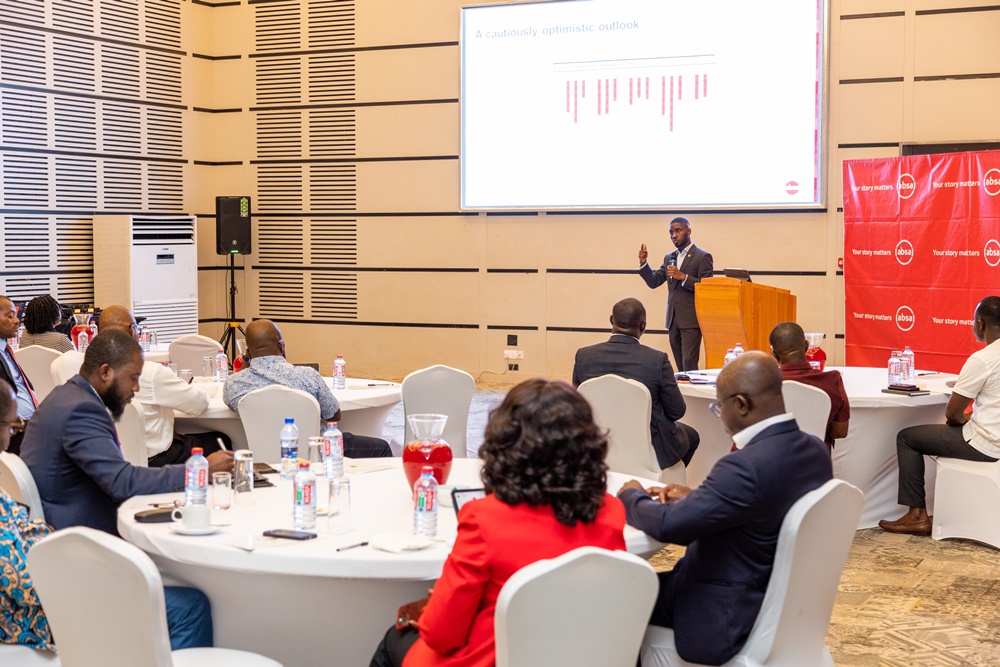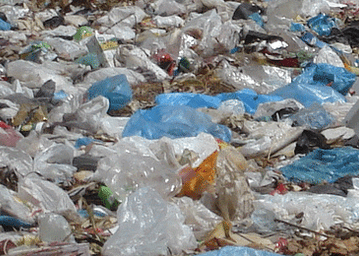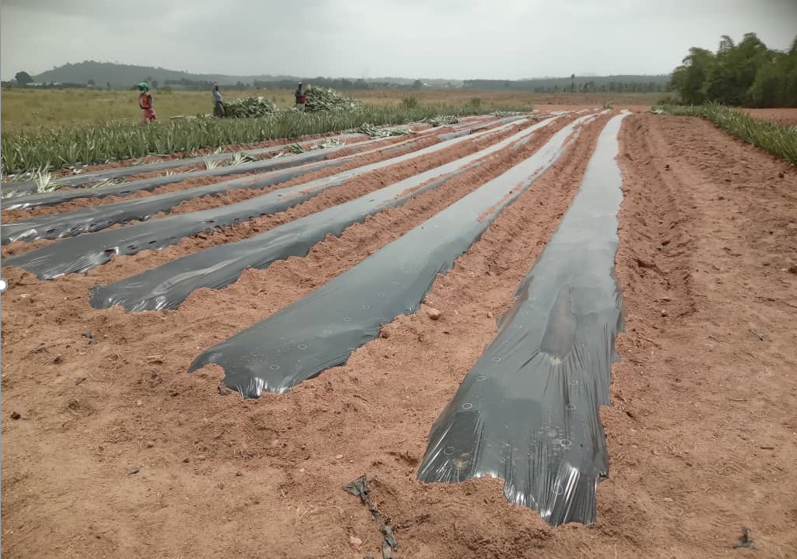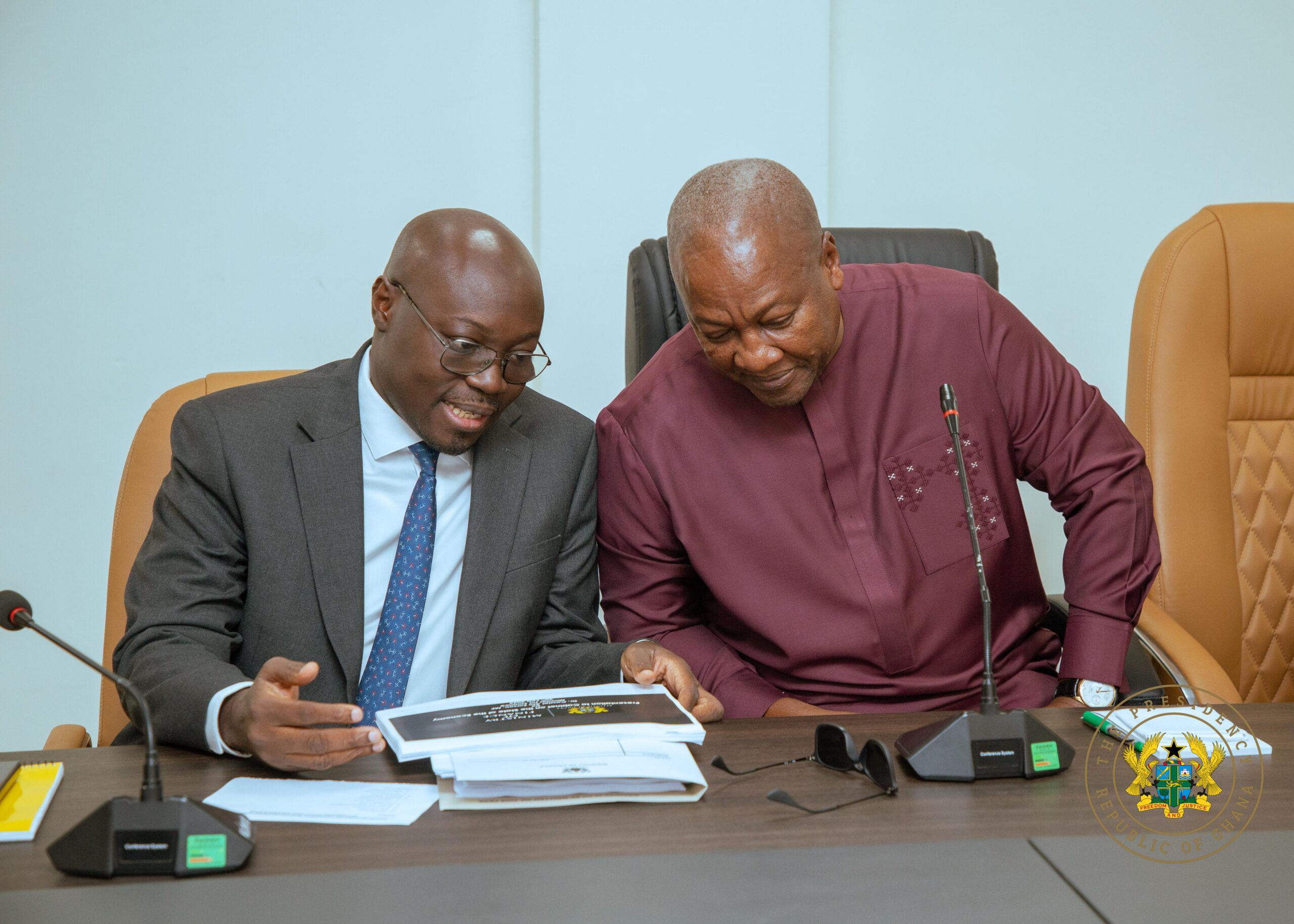
A Multi-Stakeholder Dialogue on Plastic Waste has taken place in Accra, with a call on participants to work in partnership with each other to improve plastic management in Ghana.
The forum, organized by the United Nations Development Programme (UNDP) Ghana and the Waste Recovery Platform, aimed to share information on ongoing initiatives on plastic management in Ghana and to stimulate partnerships to accelerate the delivery of tangible solutions for plastic management in the country.
More than 100 stakeholders involved in various ways of plastic management attended the meeting during which they were updated on key planned or ongoing initiatives on plastic management.
Discussants included Mr. Oliver Boachie of the Ministry of Environment, Science Technology and Innovation (MESTI), Ms. Bertha Dateh of the Ministry of Sanitation and Water Resources and Mr. Desmond Appiah of the Accra Metropolitan Assembly (AMA).
The others were Raphael Bendugo of the British Department for International Development, Joyce Ahiadorme of the Ghana Recycling Initiative for Private Enterprises, Ama Ofori Antwi of the Environmental Services Providers Association and Prof. Chris Gordon of the University of Ghana, Legon.
During a panel discussion on Government initiatives and policies on plastic management, Mr. Boachie disclosed that Ghana was playing a leading role in the management of plastic waste and that the world community and donor partners were committed to the development of a well-managed and structured plastic ecosystem.
Mr. Boachie said with support from the United Nations Children's Fund, MESTI had crafted a Framework?consisting of beneficial solutions and actionable strategies for urban solid waste management.
He said the strategies involved a diagnostic study of the plastic waste menace, behavior change on the use and disposal of plastic waste, infrastructure for recycling and building the capacity of institutions to support efforts of plastic management.
Furthermore, he said, the strategies included improvement of access to and quality of water in order to discourage the public from patronizing water in plastics? with the assurance of safe drinking water.
Mr. Boachie said there was the need to replace individual efforts of plastic management with collaboration and strategy harmonization, adding that at the governance level, extended producer responsibility and tax incentives for producers were essential.
He disclosed that a National Plastic Waste Management Policy which would address issues on the production, distribution, reuse, and recycling was currently before Parliament.
He said Indonesia and Ghana had been selected under the Global Plastic Action Partnership (GPAP) to devise ways to deal with the plastic menace under the marine litter and micro-plastic initiative.
Mr. Desmond Appiah made it known that the bye-laws of the AMA had been reviewed with severe penalties for offenders who indiscriminately dumped refuse at unauthorized places, while sanitation courts had been renovated to deal with sanitation offenders.
Mr. Appiah urged the private sector to collaborate with the Inter-Ministerial Committee on Waste Management in the realization of the President's vision of making Ghana the cleanest city in Africa.
Prof. Chris Gordon said the use of plastics should be discouraged and explained that to maintain what was referred to as the Blue Oceans, plastics should not be allowed to get into the oceans.
Prof. Gordon noted that plastics had implications for climate change and should not form part of the waste dumped in landfill sites.
Ama Ofori Antwi stressed the need for an industrial facility to process all the various types of plastics and called for the establishment of a National Sanitation Authority to deal with the plastic menace.
For his part, Raphael Bendugo disclosed that DfID would provide a US $1billion assistance to tackle the problem of plastic pollution, adding that DfID was committed within the GPAP initiative to addressing the plastic menace.
Mr. Raphael Bendugo stressed the need to incentivize the recycled market, adding that collaboration with the media was essential in creating awareness of plastic pollution and the need for premium on the collection of plastics.
Joyce Ahadorme noted that dealing with plastic pollution was a shared responsibility between Government, producers and consumers.
Hits: 21
Read Full Story
























Facebook
Twitter
Pinterest
Instagram
Google+
YouTube
LinkedIn
RSS